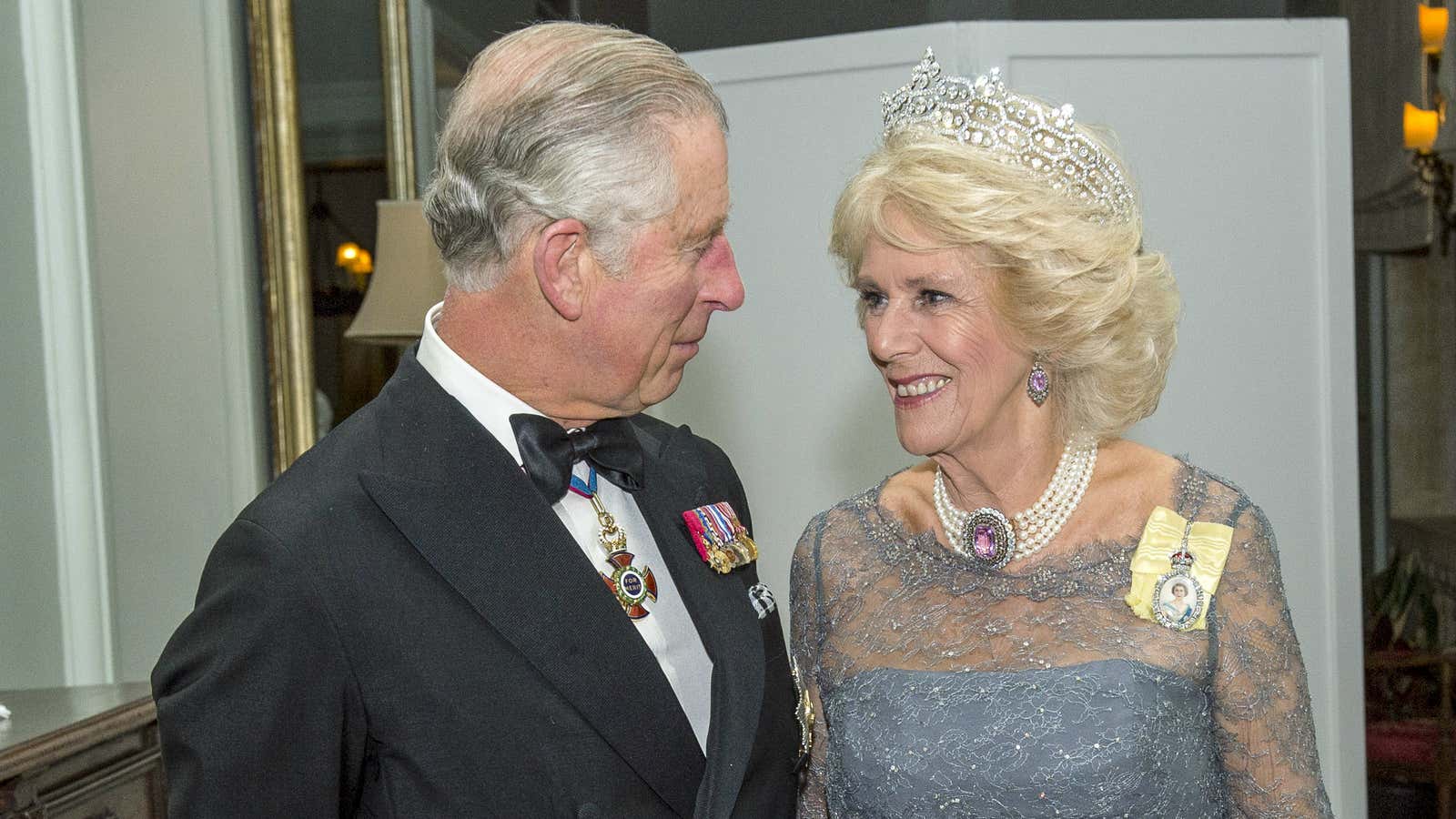Last month, the New York Times’ Modern Love column told the tale of two romantic relationships that ended and were then rekindled many years later. The author’s romance first ended when her boyfriend lost the piece of paper with her address and had no other way of contacting her. When they saw each other again after 20 years, she writes, “Our long-lost love was still there.” Not wanting others to make the same mistake, the author persuades an interviewee to tell a former girlfriend that he still loves her. This romance is also rekindled—once the girlfriend breaks off her existing engagement to move in with her ex.
“Because real love, once blossomed, never disappears,” writes the author.
But is it really the case that both people had found their true soulmate, let them slip by, and then found them again years later? Or is it simply psychologically intoxicating to reunite with a former partner, and a mixture of nostalgia and fantasy combine to recreate the romance?
Dr Nancy Kalish, professor emeritus at California State University in Sacramento, argues that the former is true. Most people have no interest in rekindling former romances that often ended for a good reason. But for those who cannot forget a lost love interest and seek to meet them again, the result can often be a long-lasting and meaningful relationship.
From 1993 to 1996, Kalish conducted a survey of 1001 people who had broken off a relationship and then rekindled the romance at least five years later (though some waited 75 years to reunite.) She found that 72% were still with their ‘lost love’ at the time of the survey, 71% said the reunion was their most intense romance of all time and 61% said that, second time around, the romance started faster than any other relationship. Kalish tells Quartz that in these cases, the typical pattern is that they had a strong relationship but an external factor—such as interfering parents—split them up the first time round.
“For most, they [the relationships] are intense because they finally get to ‘right the wrong.’ They feel like this is the person they were meant to be with,” says Kalish.”We used to marry when we were 17, 18, but nowadays there’s education, there’s other things we do first, and so we’re marrying later and we wind up with these lost loves—somebody who 100 years ago you would’ve married at 17. Maybe if they’d kept going, they would’ve been just fine.”
For an example of such a phenomenon, Kalish says we only need to look to the British monarchy. ”Prince Charles never stopped loving Camilla. But it didn’t work out when they were younger and so he had to marry somebody else,” she says.
Kalish repeated her study with 1,300 participants in 2004-5, a time when Facebook and email changed the way we reconnect with former partners. The number of people who were still with their ‘lost love’ after rekindling the relationship was far lower—just 5%—though Kalish says this is largely due to the higher number of extramarital affairs (62% were married compared to 30% in the earlier survey.) Of those who left their marriages to stay with their former sweetheart, Kalish says the divorce rate was just 0.4%.
Biological anthropologist Helen Fisher, research fellow at The Kinsey Institute and scientific advisor to dating site Match.com, tells Quartz that couples who attempt a romance a second time around have a lot going for them.
“They already know a great deal about each other. And people become nostalgic—the further they get from an experience, the more likely they are to remember all the good parts,” she says. “Romantic love is like a sleeping cat and can be awakened at any minute. If it can be awakened by somebody once, it can probably be awakened a second time.”
Fisher adds that we don’t tend to alter the requirements of what we’re looking for in a partner, so if someone seemed suitable once, they could likely be appealing again.
But clinical psychologist Dr Joe Carver, who says he’s worked with several reunion relationships over 45 years of practice, warns that we tend to remember positive emotional experiences more strongly than negative moments from relationships.
“Your brain has found the old warm and fuzzy memories and suddenly you feel 17 again – and in love,” he tells Quartz in an email. “In truth, you actually have no knowledge or understanding of this individual in 2015.”
Carver adds that rekindled relationships are incredibly intense because couples can skip past the getting-to-know you phase.
“We can go from “nice to see you” to seeing them naked in less than 24 hours. It’s an instant relationship, you just don’t put it in the microwave,” he says.
Reuniting an old relationship might be immediately easy and intense, but it seems that many couples manage to last through the initial euphoria and build a stable relationship. And while a couples are unlikely to work a second time round if they fought constantly and were unhappy together, prospects are better for those who had no good reason for breaking up in the first place. So for those who just can’t forget their lost love, the ‘one who got away’ needn’t be gone for good.
